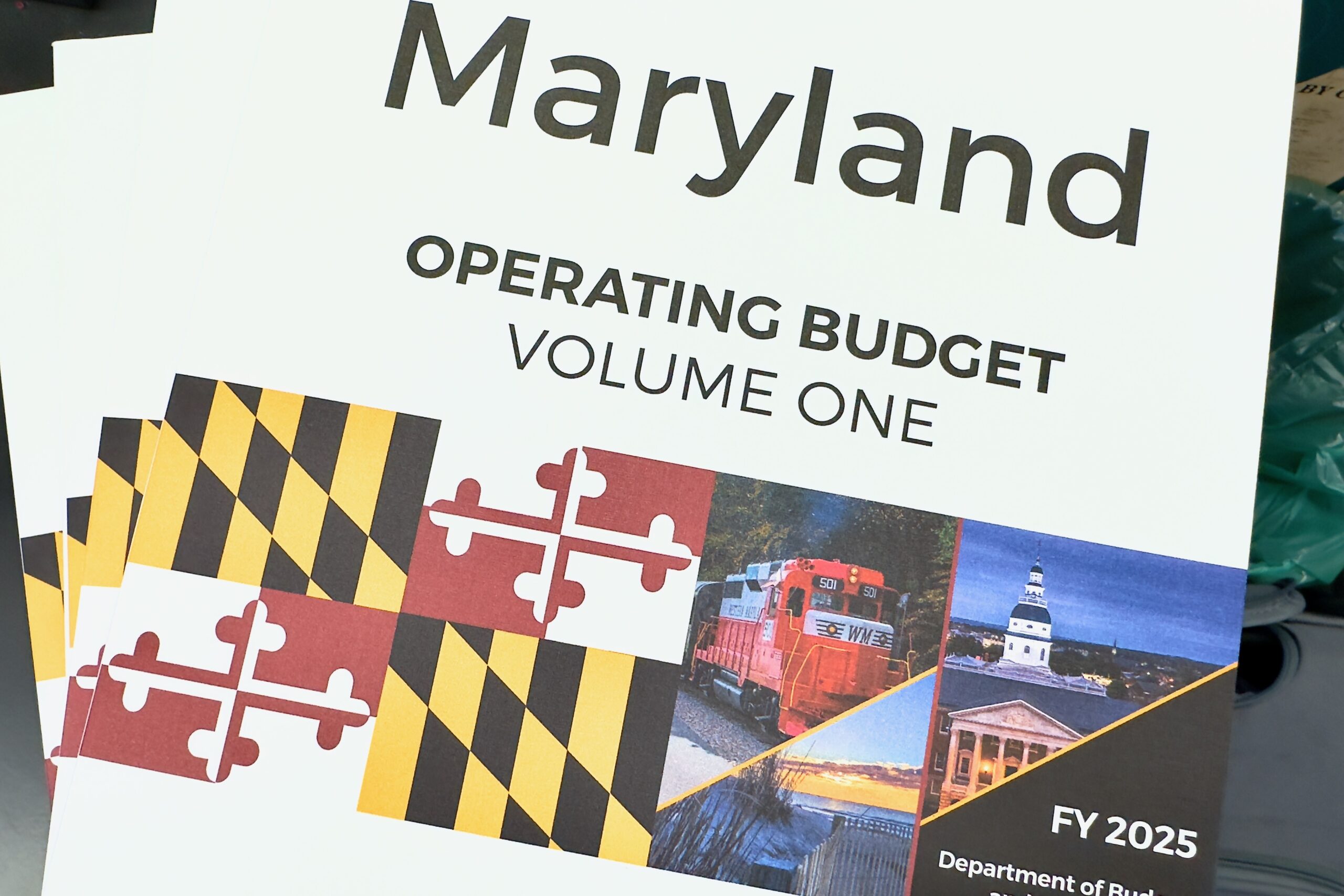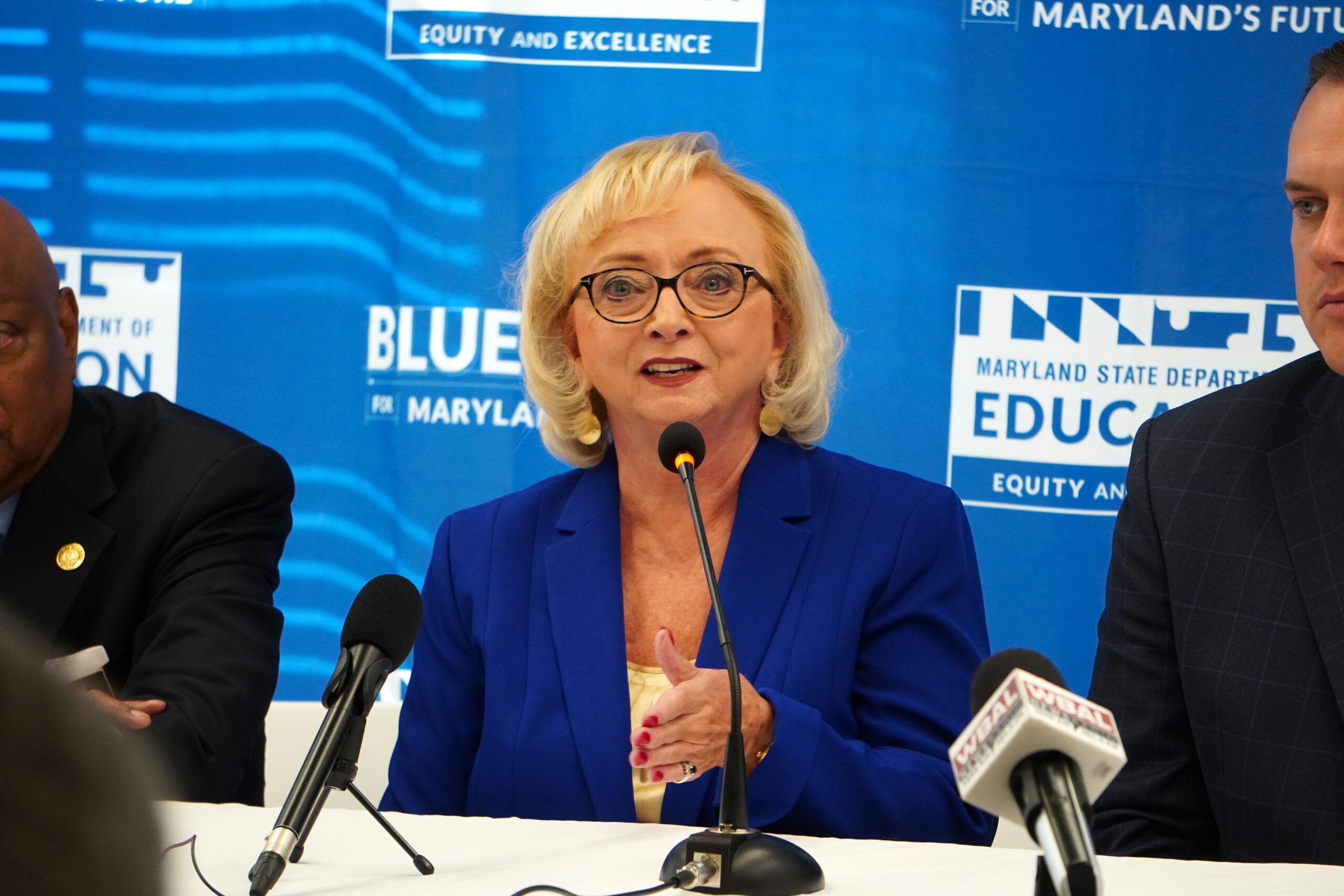Kalman Hettleman: Emergency Action Needed to Confront State Mismanagement of School Funding

Part two of two.
To borrow from Mark Twain’s quip about the weather, almost everyone in the General Assembly complains bitterly that the Maryland State Department of Education lacks competency and transparency, but no one has been able to do much about it. Many laudable attempts to reform MSDE have been made over the years but there has been little to no improvement.
In fact, MSDE’s institutional paralysis during the COVID-19 crisis is just the tip of the iceberg.
Before the pandemic, as far back as its failure to implement the 2002 Thornton funding legislation and continuing through its lack of follow up on implementation of early funding initiatives of the Kirwan Commission, the situation was dire.
Legislators and stakeholders were so desperate that the Blueprint for Maryland’s Future reform bill creates an independent Accountability and Implementation Board whose purpose is to oversee and, if necessary, to supersede the powers of the state board of education and the state superintendent.
The Accountability and Implementation Board would be the first of its kind in the U.S. However, even if Gov. Larry Hogan’s veto of the Blueprint is overridden, the board’s vast authority is untested, long-term and not in sync with the pandemic emergency.
Emergency action is needed now.
At its core, the General Assembly must resolve to link further Blueprint funding to an immediate plan to reform MSDE’s management culture and capacity. And the plan should be developed and overseen by a special joint committee of the House and Senate on K-12 education accountability. Past legislative efforts at oversight have faltered in part because numerous committees in both houses have scattered roles.
The General Assembly must also come to grips with other fundamental reasons for MSDE’s lack of accountability and its own lack of effective oversight.
At the top of the list is undue deference by MSDE to “local control.” MSDE has unmistakable legal authority to carry out strong control and supervision of local school districts. MSDE must no longer be allowed to hide behind frequent and unsupported assertions that its regulatory hands are tied. At the same time, legislators must be willing to resist political pressure to side with local boards and superintendents who oppose state dictates.
Another sticking point is over resources.
In 2019, based on the findings of the Kirwan Commission, the General Assembly called for a workgroup to “study and make recommendations regarding the capability of [MSDE] to carry out [its] responsibilities and duties to implement The Blueprint for Maryland’s Future.” However, the workgroup was, without public explanation, aborted.
Legislators should delay no longer. The General Assembly should require an immediate, independent audit that examines whether MSDE has sufficient management systems and skills. Are MSDE staff, as some evidence indicates, overworked, underpaid and hampered by disorganized lines of responsibility? In fairness, MSDE has not over the years received increased funding commensurate with its expanding responsibilities.
Leadership and executive accountability at the top are also question marks. The state superintendent is shielded from legislative oversight by the state board of education. The General Assembly might revise current law to have the governor directly appoint the superintendent subject to legislative confirmation. Or confirmation could be required of the state board’s appointment.
A strong case could be made for abolishing the state board altogether – two states don’t have state boards – but that’s a political non-starter.
Resources play a big, unappreciated role too in how local education authorities respond to MSDE regulations. LEAs have a valid point when they resist some state regulations that are, in effect, unfunded mandates. Of course, as the current controversy over Blueprint funding shows, filling large local funding gaps will not be easy or quick. Still, immediate steps can boost short-term funding that responds to the COVID-19 crisis.
At the same time, looking to legislation in 2022, the General Assembly should begin a deeper review of how several Blueprint funding formulas perpetuate inadequacy and inequity. Legislators could also consider models in a few other states that provide vehicles for periodic updating of cost estimates of evidence-based best school programs.
Finally, it is immediately possible for the General Assembly to forcefully combat at least two of MSDE’s pervasive deficiencies: lack of transparency and lax implementation of federal and state laws. These play out when MSDE often stonewalls in reporting to the legislature and public. Legislators give innumerable examples of their own requests being ignored or evaded. MSDE communications typically fail to give straight answers to direct questions; rather, the answers are couched in generalities and vague promises. Upper-echelon staff are muzzled in dealings with media and stakeholders.
Though without the visibility of MSDE’s failures during the pandemic, the same deficiencies were displayed when many members of the Kirwan Commission expressed almost disbelief at MSDE’s lack of follow through on funding initiatives in 2018 and 2019 legislation. The General Assembly could demand on day one that MSDE provide overdue detailed information on implementation of these instructional initiatives as well as those under the CARES Act and Every Student Succeeds Act.
Legislators should not allow the COVID-19 school crisis to go to waste without bringing to the fore the depth of MSDE’s mismanagement and its own renewed challenge to do something about it. Without vastly improved MSDE stewardship and control, the schools will not recover as they should, future Blueprint reforms will falter, and schoolchildren – especially those who are poor and of color – will remain unconscionably underserved.
— KALMAN R. HETTLEMAN
The writer is a member of the Maryland Commission on Innovation and Excellence in Education – the Kirwan Commission, a former Baltimore City school board member, a former deputy mayor of Baltimore and a former Maryland secretary of human resources. To read part 1 of this series, click here.




 Creative Commons Attribution
Creative Commons Attribution